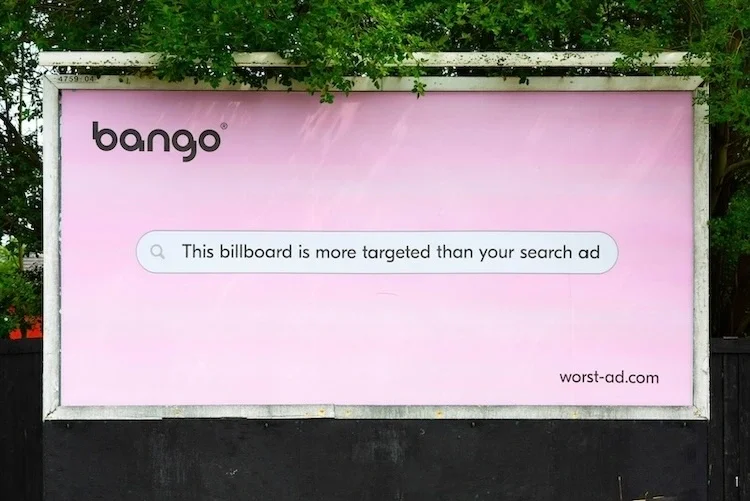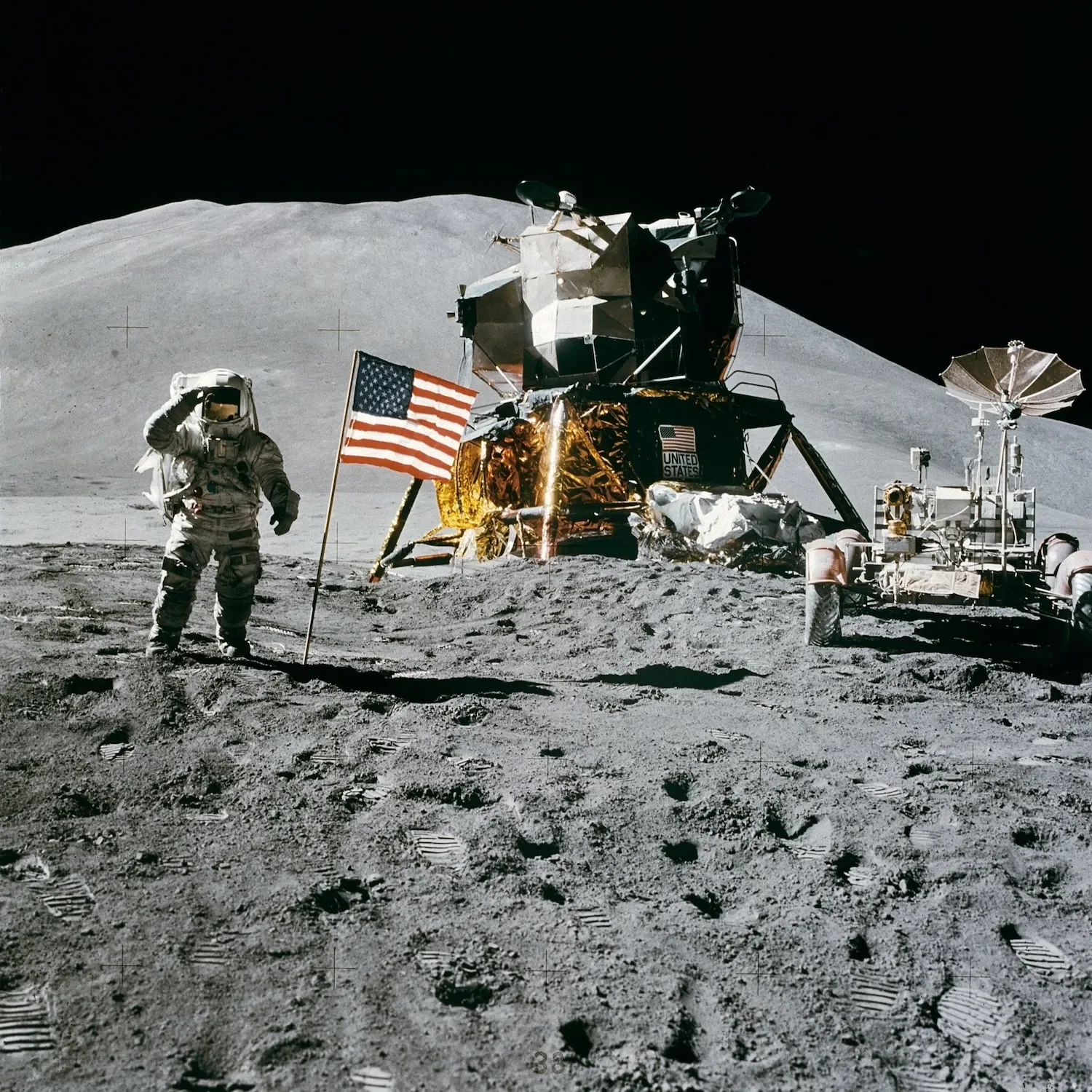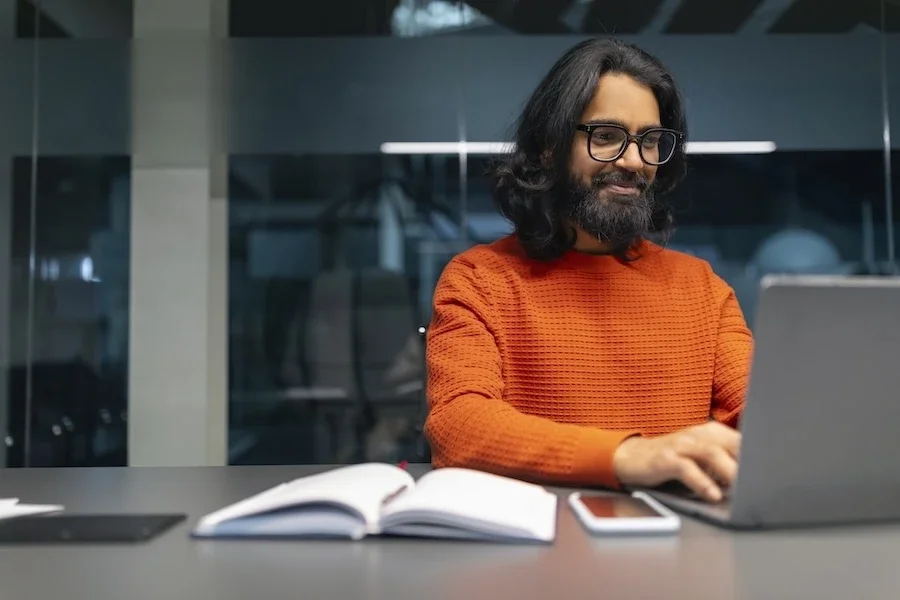
Tech PR.
Built for
growth.
Wildfire is a B2B tech PR agency based in London. We turn big ideas into bold campaigns that get people talking, raise awareness, and drive growth.

What do you need?
⇥
Shift
perceptions
Our story isn’t landing. We need a tech PR agency to reposition our brand, challenge outdated assumptions or spark renewed interest to support long-term growth.
↯
Seize new opportunities
We’re moving into new spaces and need to build credibility fast. We’re looking for a tech PR firm to provide bold messaging and campaigns that drive awareness, demand, and help us grow.
⇈
Accelerate
growth
We’ve got a great product and a solid reputation. Now we need a B2B PR agency to boost visibility, expand reach, and turn credibility into real commercial impact.
The UK’s #1 B2B tech PR agency

Work with us
Need a new PR agency? Let’s talk.














